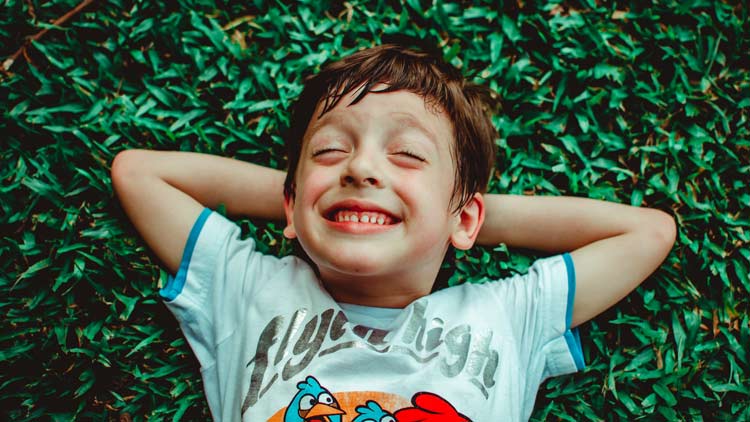
Teeth are essential to our health, but did you know that baby teeth are also necessary? Many people fail to keep up with their child’s dental health, in part because of misunderstandings surrounding the function of baby teeth.
Additionally, when it comes to protecting baby teeth, diet is a huge factor, especially since toothpaste shouldn’t be used on infants. That means limiting the amount of sugar in your child’s diet is essential to protecting their teeth.
The Importance of Baby Teeth
Your child’s teeth are important to their health, and caring for them starts before they even form. Baby teeth help your baby eat, form sounds and words, and are a placeholder for where the permanent teeth will reside.
But tooth decay is the most chronic infectious disease in childhood, and decay doesn’t know to stop at the baby tooth. It can spread down into the adult tooth, too. Bearing this in mind, baby teeth should be taken care of until they’re gone.
What Dentists Recommend
Dentists agree that you should begin regular dental care by your child’s first birthday. The American Academy of Pediatric Dentistry suggests the following timeline to help create good oral habits in infancy:
- Birth to 6 months old: Establish regular feeding habits; use water and a soft cloth to clean your baby’s mouth after feedings.
- 6 to 12 months old: Once your child’s first tooth comes in, make your first pediatric dentist appointment; brush any teeth after feedings using a small, soft-bristled brush but we advise against using toothpaste at this age.
- 1 to 3 years old: Continue visiting your dentist as often as they recommend, which is generally every six months; once your child learns to spit, use a pea-sized amount of fluoride toothpaste, brushing at least twice a day for 2 minutes each time
Tips for Parents
There are some things you can do, starting with your infant, that will help your child get used to daily oral health practices.
- Avoid putting your child to bed with a bottle as soon as possible
- Have your child drink from a cup as soon as possible
- Use fluoridated water or talk to your dentist about fluoride supplements
- Don’t share utensils or use your saliva to clean pacifiers – doing so can spread bacteria that causes tooth decay
- Invest in products that help your child learn to accept a toothbrush in their mouth
Things that Help & Harm
Some things can harm the development of growing teeth, such as sleeping with a bottle, drinking or eating too much sugar, and thumb-sucking or using a pacifier. While it is okay to do the latter, the habit should not continue after age five so that permanent teeth are not affected.
Some products are helpful for developing teeth, many of which are great for infants and toddlers. Dental wipes are an alternative to a washcloth. Silicone finger brushes with nubs can be a good transition between a washcloth and a toothbrush. Toothbrush teethers and other teething toys can mimic toothbrushes while helping with teething.
Why it all Matters
With so many issues that can be caused by neglecting your child’s dental health, taking action now can help set up proper oral care habits and prevent infection, disease, or other teeth problems. Knowing that it starts from birth and how important baby teeth are makes a difference in the action steps parents may choose to take. So even though these cute baby teeth eventually fall out, they matter, and so does taking care of them.

 Request an Appointment
Request an Appointment
